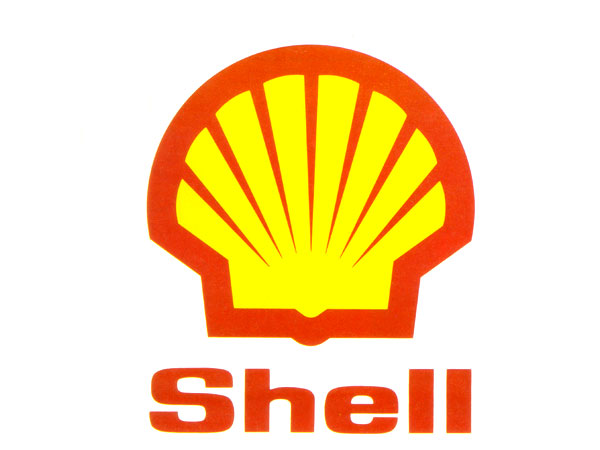- Your cart is empty
- Continue Shopping

Shell CEO Warns of Supply Chain Disruptions in Middle East
Shell is being cautious with its tanker movements in the Middle East due to the ongoing tensions between Israel and Iran. CEO Wael Sawan stated that the escalation in tensions has added to the region’s uncertainty. Shell has extensive operations in the region, with most oil produced leaving via the Persian Gulf and the Hormuz Strait. The risk of Iran closing the chokepoint is high, and if it does, it could impact oil prices and supply. The Strait of Hormuz is the artery through which the world’s energy flows, and a blockage could significantly impact global trade. However, the rise in oil prices since Friday has been moderate, as traders are not rushing to buy oil until evidence of infrastructure damage in Iran is available.
The top oil executive also noted that shipping in the region has become risky due to the use of electronic system interference that affects the navigational systems of ships. Earlier in the week two tankers collided near the Strait of Hormuz. The collision was likely caused by “a navigational misjudgment”, according to a Sky News report citing UAE officials.
Source: oilprice.com
